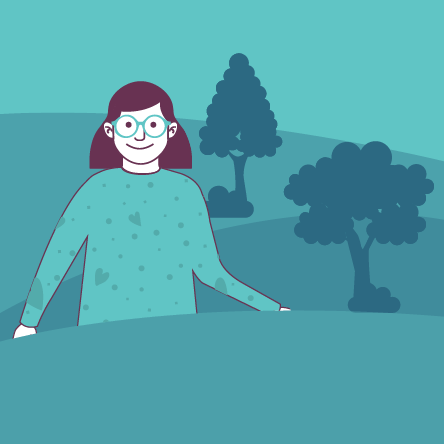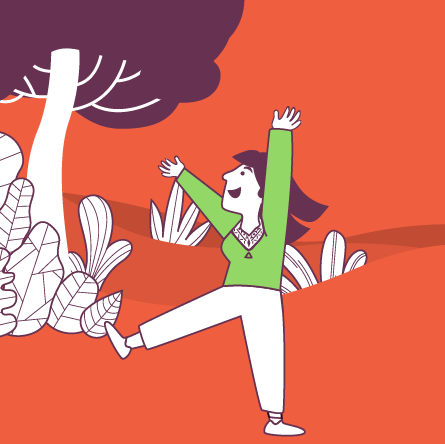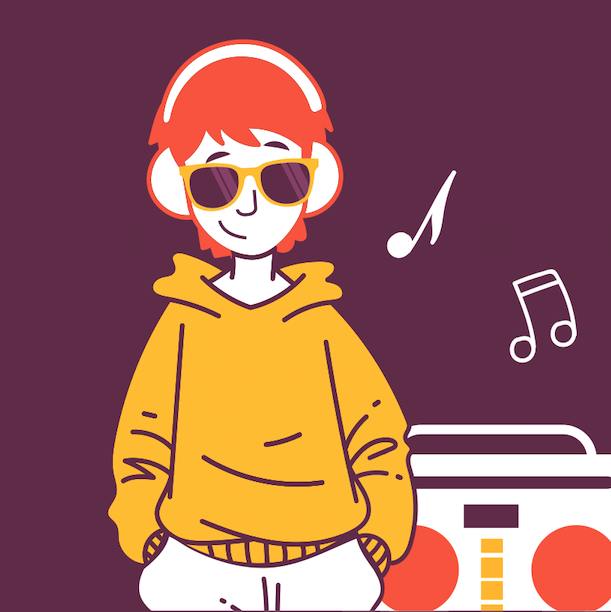From within states and civil society organizations, we do everything in our power to guarantee the wellbeing of adolescents. In doing so, we have created laws and regulations – oftentimes linked to the criminal or punitive system – that can have detrimental effects on their human, sexual and reproductive rights.
We need to foster dialogue to create alternative justice resources and comprehensive strategies that address the needs of adolescents, strengthening their autonomy and self-determination and respecting their will.
Injusta Justicia is coordinated by RESURJ, Vecinas Feministas and Balance AC, and it is promoted jointly by Aireana, BECA, Casa Rara, ECAP, Intersecta, Las Ramonas, REDI, Surkuna, and Tik Na’Oj.
Jaime
Jaime doesn’t want it to be known that he was sexually abused by her uncle when he was younger. However, his psychologist, the only person with whom he has shared this story, is determined to file a criminal complaint, as she is legally required by the state.

Gabriela
After surviving a sexual assault, Gabriela, a teenager with disability, was sterilized by ruling of a judge. This surgery does not prevent further sexual abuse in the future.

Andrea
Juan is of legal age, and he is Andrea’s partner. They are having their first sexual encounters and, since they do not have comprehensive information about sex practices, Andrea got pregnant. As Andrea is a minor, she decides no to visit health facilities during her pregnancy and childbirth to protect Juan of any potential legal consequences.

Regional context
The region of Latin America has extensive experience creating laws for discrimination and gender-based violence cases. The legal age of consent and the minimum age for marriage are two criteria that could impact the lives of adolescents.

Get involved
Would you like to participate in the campaing and reflect on the laws that create unfair conditions for adolescents?